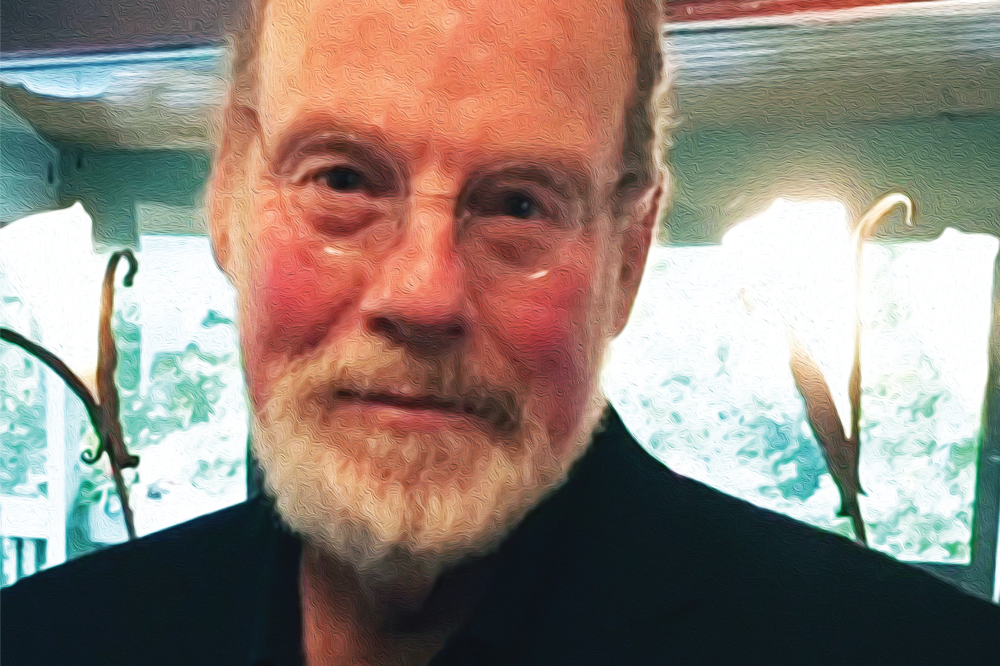
When I was young, my passion was to be a physician – but I did not have the grades to get into a government-run medical college in India. Unsure that my parents could afford to send me to a private medical school, I thought I might try to get into one through a sports scholarship – but there were so few spots available in that category and so many candidates who had achieved a lot more in sports than I had that this approach unfortunately did not succeed.
So I made a different, but still related choice: to study a subject that would put me in the medical field. Via the sports scholarship route, I got into a master’s program in biology, majoring in genetics, then landed a research assistant job in the Department of Pathology at a prestigious academic hospital and cancer institute in Bangalore. After two years in that job, I moved heaven and earth to convince Krishna Bhargava, the chair of pathology and also the director of the cancer center, to allow me to register for a doctoral degree in genetics at Bangalore University without giving up my job.

My interest began during my PhD, which focused on the effects of ionizing radiation on human chromosomes in cancer patients receiving radiation therapy. Krishna Bhargava (now my advisor) worked late and so did I, because he had warned me not to do any research during my normal working hours. Some evenings, he called me to transcribe his pathology reports as he looked at the most difficult cases under the microscope. I had no knowledge of pathology but, every now and then, he showed me interesting histological patterns and pointed out abnormal cells that confirmed his diagnosis. I often remember the time he showed me Reed-Sternberg cells (owl’s-eye appearance) characteristic of Hodgkin lymphoma and, just to make sure, asked me to draw what I had seen under the microscope! I started to put things together and dug deeper to understand the changes that occurred at the cellular and gene level to turn normal tissue into cancer.
I can only speak to what I remember from when I left India some 35 years ago. I think the key difference is the lack of resources in India compared to where I am now (although it might not be so bad at present; I believe India is catching up). The key similarity I see is the people – the same intelligence and enthusiasm exists in both countries. By sharing knowledge and breaking down international barriers, we have greatly advanced the development of new and innovative tests in India, which has ultimately led to better patient care than when I left. I think the future looks bright in both places.

Defending my PhD thesis successfully in Bangalore. I moved to the US while writing my thesis – against the advice of my mentor, who repeatedly warned me that it would be best to finish before going abroad. I insisted and fought for his, and the state government’s, permission. I have always been a risk-taker and did not want to miss the opportunity to work under the late Avery Sandberg, a world-renowned geneticist. I did not realize how daunting it would be to adjust, work on the project, and write the thesis all at once. A few months became a year and a half – but I ultimately succeeded! Looking back, having a doctoral degree opened many doors for me and made many achievements possible.

I have always believed that learning is a two-way street. I try to learn from everyone – even the high school students who do summer internships in my lab. From the clinicians and medical residents, I work with, I try my best to absorb all of the clinical knowledge I lack. In return, I hope that my clinical colleagues gain a better understanding of the genetics behind the disease from my interpretations of test results – and from the conversations that we have when they don’t understand the genetic basis of the established diagnosis.
I believe that all healthcare professionals must try to gain as much understanding as possible of the genetic and molecular aspects of any disease – most importantly at the level of the tissue and the cell. Many diagnoses – and nowadays even treatments – are based on the genetic diagnosis of a given tumor or disease.

I would most likely be in public relations! This is what my father saw in me. He even directed me to some job applications and interviews at big industries in Bangalore after I finished my master’s. He always told me that I was a “people person” and that he could not picture me “isolated in a lab.” While doing my master’s, I attended night school at Bangalore University and got a diploma in public and industrial relations. I remember turning down two job offers in the field. If I had taken the first one, I would probably still be working for one of the largest employers in India. My dad was not pleased with me!
I tell all students, residents, and early-career pathologists who come my way, “Be persistent, never give up, and embrace repetitive practice – no matter how hard or boring it is.” That’s the only way to achieve their aspirations. I also tell them that perseverance and repetitive practice trumps intelligence. It’s not enough just to work smart – you must work hard as well.





